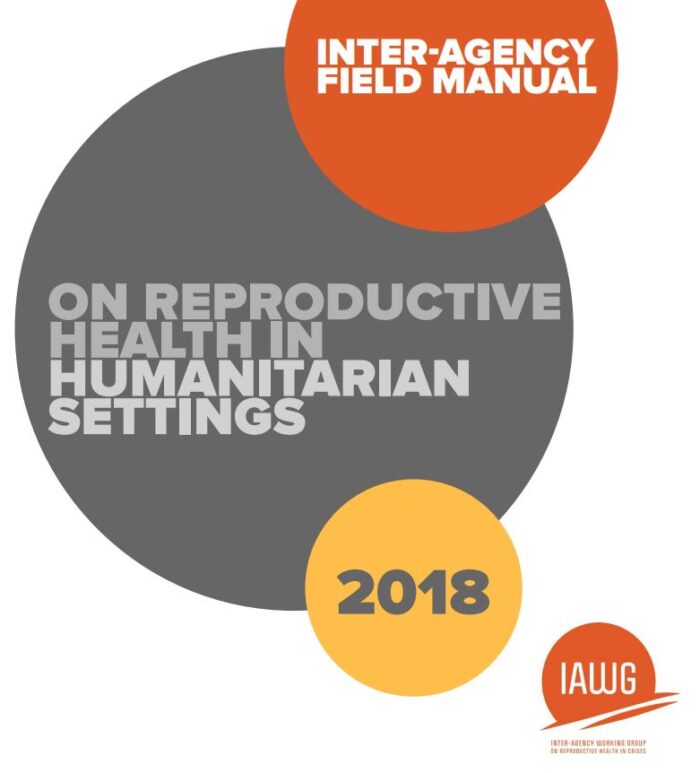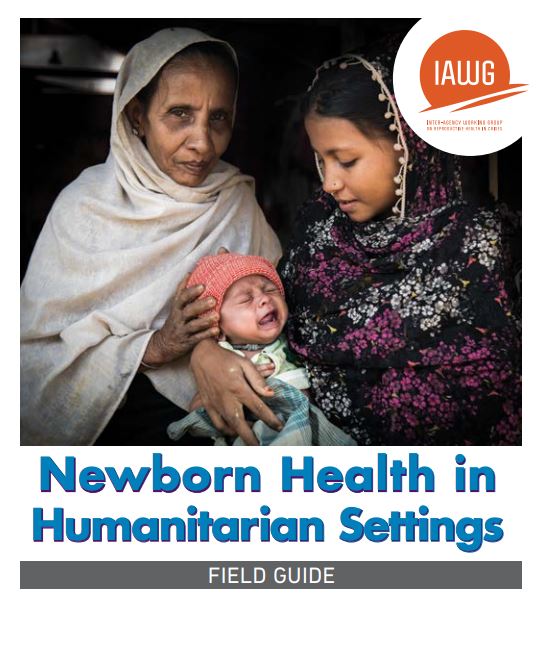Climate
Climate change significantly impacts maternal and newborn health by exacerbating environmental hazards and increasing the risk of health complications. Rising temperatures and extreme weather events, such as floods and heatwaves, can lead to direct health threats like dehydration, heat stress, and the spread of vector-borne diseases such as malaria and dengue fever. These environmental stresses can strain already fragile healthcare systems, making it harder for pregnant women and newborns to access essential care. Addressing the health impacts of climate change requires integrated strategies to strengthen health systems, improve environmental resilience, and ensure that vulnerable populations receive adequate support and care.
Family Planning
Family planning is crucial to maternal and newborn health because it empowers individuals to make informed decisions about the timing and spacing of pregnancies, which significantly impacts both maternal and neonatal outcomes. By providing access to contraception and comprehensive sexual and reproductive health education, family planning helps prevent unintended pregnancies, reduce the incidence of high-risk pregnancies, and ensure that births are spaced appropriately to protect the health of both mothers and their babies.
Gender
Gender inequality is a key social determinant of maternal and newborn mortality and morbidity. The low status of women across the globe creates barriers such as low health literacy, limited access to and control over resources, limited access to health services, lack of bodily autonomy decision-making power, gender-based violence (GBV), and socio-economic constraints, which can negatively impact their health and that of their newborns. Gender inequality within the predominantly female MNH health workforce due to various factors such as sexual harassment, discriminatory or gender-blind policies, discrimination and bias in the workplace, and rigid medical hierarchies also limits provision of quality services and client experience of care. Closing these gaps leads to more effective and inclusive healthcare systems, ultimately reducing maternal and newborn mortality rates and promoting overall health and well-being.
Humanitarian and Fragile Settings
Humanitarian, fragile, and conflict settings severely disrupt maternal and newborn health by undermining access to essential healthcare services, increasing the risk of complications, and exacerbating vulnerabilities. In these environments, healthcare infrastructure is often damaged or destroyed, and the availability of medical supplies and personnel is limited, leading to inadequate prenatal, delivery, and postnatal care. Displacement, violence, and instability further compound these challenges, making it difficult for pregnant women and newborns to receive timely and effective care. Currently, countries that have a UN Humanitarian Appeal account for 58% of global maternal deaths, 38% of newborn deaths, and 36% of stillbirths. Addressing these challenges requires coordinated efforts to provide emergency medical aid, rebuild health systems, and ensure the safety and well-being of affected populations.
Nutrition
Nutrition profoundly impacts maternal and newborn health outcomes. Adequate nutrition before and during pregnancy helps to ensure that women receive essential vitamins, minerals, and energy necessary for healthy fetal development and a safe delivery. Proper nutrition reduces the risk of complications such as anemia, preeclampsia, and low birth weight, and makes mothers and their newborns more resilient when illness strikes.
Achieving high-quality nutrition for women and infants at scale will require multi-sectoral collaboration, including health, education, agriculture, and finance; community mobilization and behavior change; and a commitment to prioritizing the health and well-being of women. Given the tight link between good maternal nutrition and infant and child health outcomes, investments in good nutrition for women are high-yield, and can help to break generational cycles of poor health.
-
Report
Improving Maternal Nutrition: An Acceleration Plan to Prevent Malnutrition and Anaemia during Pregnancy (2024-2025)
-
Journal Article
Effective interventions to address maternal and child malnutrition: an update of the evidence
-
Report
Focusing On Multiple Micronutrient Supplements In Pregnancy: Second Edition
Primary Health Care
Primary health care (PHC) is a whole-of-society approach to effectively organize and strengthen national health systems to bring services for health and well-being closer to communities. PHC provides comprehensive, accessible, and continuous care that addresses the full spectrum of health needs from prevention to treatment. For maternal and newborn health, PHC delivers essential services such as prenatal and postnatal care, immunizations, and education on healthy practices, which are crucial for preventing complications and ensuring healthy pregnancies and births. By prioritizing community-based care and integrating various health services at the local level, PHC ensures that mothers and newborns receive timely and appropriate care, ultimately improving outcomes and reducing mortality rates. This approach also strengthens health systems, making them more resilient and responsive to the needs of families.
Private sector
The private sector is diverse, including both for-profit and not-for-profit entities, and plays a significant role in maternal and newborn health. The presence, enterprise, innovation, and resources of private sector enable the creation of sustainable solutions, high quality health products, resilient supply chains, and new and efficient service delivery models for improved health outcomes in urban and rural communities in low and middle-income countries. With 40% to 62% of health services in LMICs being delivered by the private sector and 1 out 5 births in the private sector, it is critical create stronger and resilient mixed health ecosystems. Collaboration across public and private sector will enable comprehensive and continuous care delivery, foster and scale sustainable solutions, and integrate diverse forms of capital to accelerate health outcomes.
-
Toolkits & Training Materials
Engaging the private sector in delivering quality maternal, newborn and child health services: A step-by-step workbook to inform analysis and policy dialogue
-
Briefs & Fact Sheets
Engaging the private sector for universal health coverage and health security
-
Journal Article
Private sector quality of care for maternal, new-born, and child health in low-and-middle-income countries: a secondary review
Workforce
The health workforce, particularly nursing and midwifery, plays a critical role in shaping maternal and newborn health outcomes by providing essential, skilled care throughout pregnancy, childbirth, and the postpartum period. Skilled professionals can effectively manage complications, offer education on health practices, and provide emotional support, all of which contribute to better health outcomes. Conversely, shortages or inadequate training of these vital healthcare providers can lead to gaps in care, increased risk of complications, and higher mortality rates. Investing in and strengthening the nursing and midwifery workforce is crucial for improving maternal and newborn health and ensuring comprehensive, accessible, and effective care.
-
Report
The Midwifery Accelerator: Expanding health care for women and newborns
-
Guidance
Transitioning to midwifery models of care: A global position paper
-
Journal Article
Labour Companionship and Women’s Experiences of Mistreatment During Childbirth: Results from a Multi-Country Community-Based Survey






